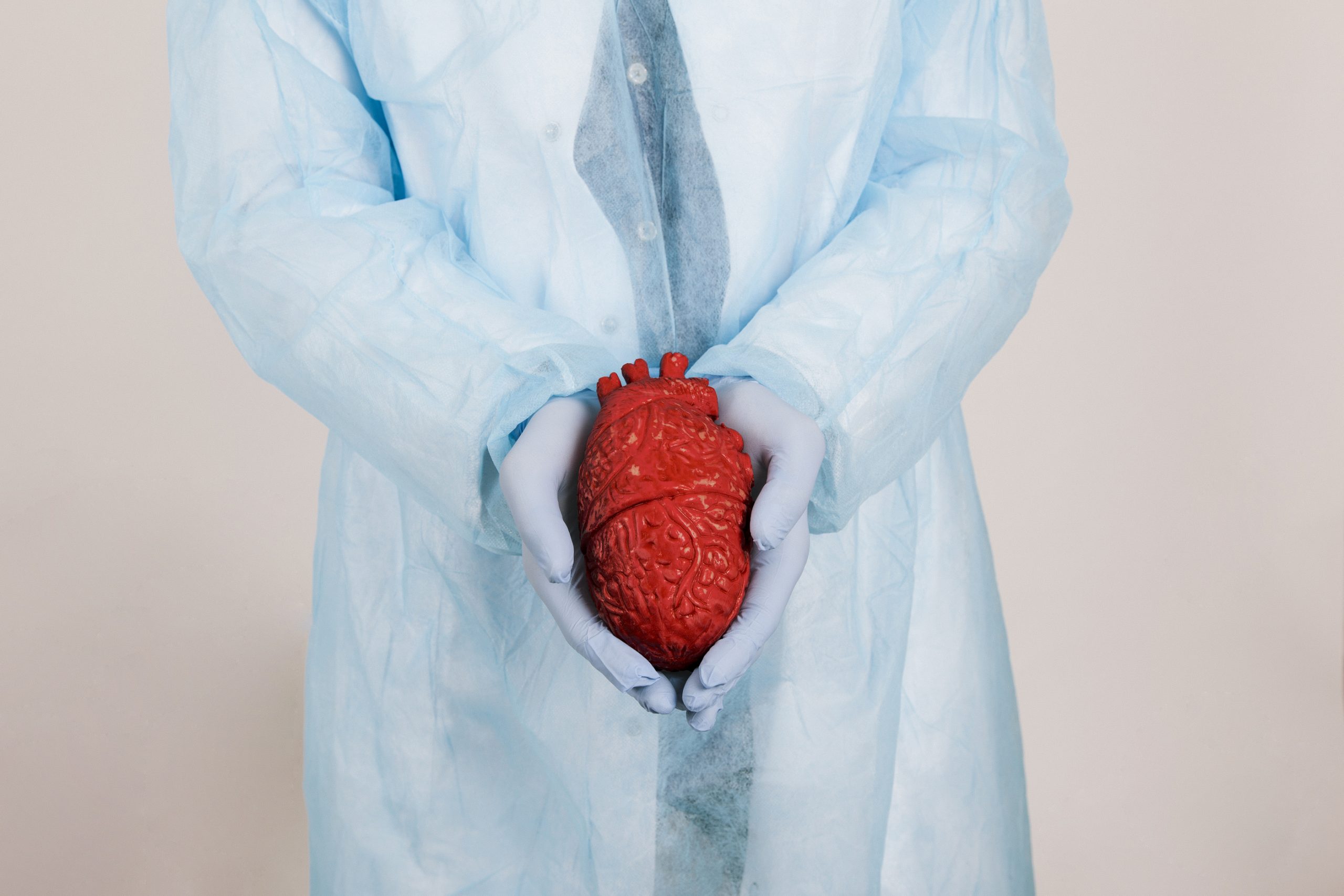

In a mouse study, it was shown that the mitochondrial antioxidant MitoQ, which is sold as a dietary supplement, can counteract the negative effects that HIV and antiretroviral therapy (ART) have on the mitochondria in the brain, heart, aorta, lungs, kidney, and liver.
The ratio of nuclear DNA (ntDNA) to mitochondrial DNA (mtDNA) in humans and mice was calculated using a molecular technique as a marker of mitochondrial dysfunction. This ratio’s decline indicates a mitochondrial malfunction.
HIV-infected mice receiving ART showed mitochondrial dysfunction in the human immune cells in the brain, heart, liver, lungs, and gut compared to uninfected mice. In mouse heart cells, mitochondrial function was likewise impacted by ART.
Compared to HIV-infected mice on ART, those treated with MitoQ for 90 days had less mitochondrial dysfunction in their organs.
The major cellular components known as mitochondria are crucial for the efficient operation of organs like the brain, heart, liver, and kidney. Chronic immunological dysfunction and inflammation brought on by HIV contribute to organ damage. Although the causes of this are unknown, it is known that mitochondrial dysfunction, which is present in chronic HIV, contributes to organ damage. HIV-related illnesses that impact organs like the liver, heart, and brain do not have any treatments available.
Humanized mice were utilized by the researchers because they have human immune cells that are susceptible to HIV infection.
They gave them the virus, treated them with ART using emtricitabine, raltegravir, and tenofovir disoproxil fumarate, and then gave them MitoQ through their water for three months. MitoQ wasn’t administered to the control mice.
The scientists point out that humanized mice do not precisely mimic human HIV infection. Furthermore, because the infected mice were exposed to both the virus and the ART, it was impossible to determine how much, exactly, the virus vs the ART contributed to mitochondrial dysfunction in human cells.
These preliminary results might be the basis for HIV-positive human clinical trials.
“MitoQ is a diet supplement that is known to be safe in humans and is readily available for use,” said senior author Dr. Theodoros Kelesidis, associate professor of medicine in the division of infectious diseases at the David Geffen School of Medicine at UCLA.
Our findings support clinical trials of MitoQ in people with HIV who take antiretrovirals to determine whether it can be a potential treatment for comorbidities associated with chronic HIV infection. Until then people with HIV should not take this diet supplement for treatment of any conditions associated with HIV infection.”
The study is published in the Journal of Infectious Diseases.
more recommended stories
 Nanoplastics in Brain Tissue and Neurological Risk
Nanoplastics in Brain Tissue and Neurological RiskKey Takeaways for HCPs Nanoplastics are.
 AI Predicts Chronic GVHD Risk After Stem Cell Transplant
AI Predicts Chronic GVHD Risk After Stem Cell TransplantKey Takeaways A new AI-driven tool,.
 Red Meat Consumption Linked to Higher Diabetes Odds
Red Meat Consumption Linked to Higher Diabetes OddsKey Takeaways Higher intake of total,.
 Pediatric Crohn’s Disease Microbial Signature Identified
Pediatric Crohn’s Disease Microbial Signature IdentifiedKey Points at a Glance NYU.
 Nanovaccine Design Boosts Immune Attack on HPV Tumors
Nanovaccine Design Boosts Immune Attack on HPV TumorsKey Highlights Reconfiguring peptide orientation significantly.
 High-Fat Diets Cause Damage to Metabolic Health
High-Fat Diets Cause Damage to Metabolic HealthKey Points Takeaways High-fat and ketogenic.
 Acute Ischemic Stroke: New Evidence for Neuroprotection
Acute Ischemic Stroke: New Evidence for NeuroprotectionKey Highlights A Phase III clinical.
 Statins Rarely Cause Side Effects, Large Trials Show
Statins Rarely Cause Side Effects, Large Trials ShowKey Points at a Glance Large.
 Anxiety Reduction and Emotional Support on Social Media
Anxiety Reduction and Emotional Support on Social MediaKey Summary Anxiety commonly begins in.
 Liquid Biopsy Measures Epigenetic Instability in Cancer
Liquid Biopsy Measures Epigenetic Instability in CancerKey Takeaways Johns Hopkins researchers developed.

Leave a Comment